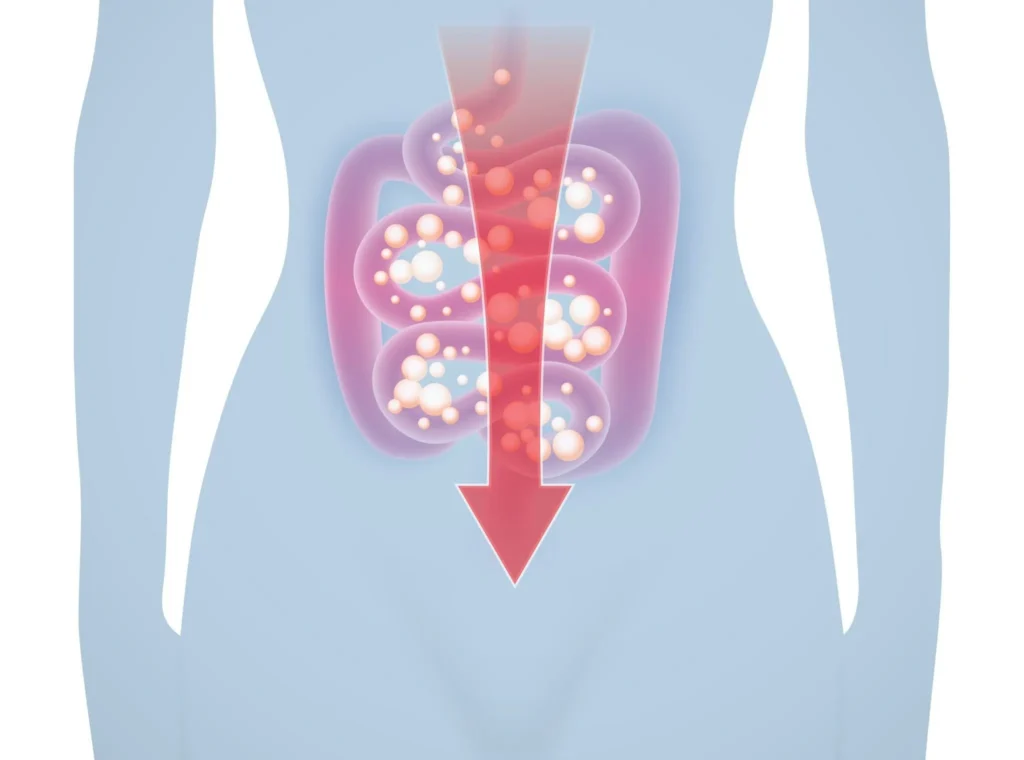Read time : 3 minutes

When people hear the word “fat,” they often think it’s something to avoid. But not all fats are created equal. In fact, healthy fats are essential to our body’s ability to absorb certain life-supporting nutrients—particularly the fat-soluble vitamins A, D, E, and K.
These vitamins don’t dissolve in water. Instead, they require dietary fat to be absorbed and stored in your body. Without enough healthy fat in your meals, you could be missing out on the full benefits of some of the most vital nutrients for your immune system, skin, bones, vision, and more.
How Fat Helps Your Body Use These Key Vitamins
Let’s take a closer look at how this works:
Vitamin A (for vision, immunity, and skin health)
Found in: Carrots, sweet potatoes, spinach, leafy greens
Why fat matters: Without fat, your body absorbs only 5–10% of the vitamin A in these foods. Add a small amount of healthy fat—like palm oil in kontomire stew or a sprinkle of groundnut paste—and your body’s absorption can soar to 50–60% or more.
Vitamin D (for strong bones and mood regulation)
Found in: Fatty fish, egg yolks, fortified dairy
Vitamin D helps your body absorb calcium and supports mental health. It’s fat-soluble, so pairing it with avocado, nuts, or even a bit of coconut oil in your stews boosts absorption.
Vitamin E (for skin repair and anti-aging)
Found in: Nuts, seeds, spinach, sunflower oil
Vitamin E is a powerful antioxidant, and its absorption depends heavily on dietary fat. Without fat, much of it just passes through your system unused.
Vitamin K (for blood clotting and bone health)
Found in: Kale, broccoli, cabbage, fermented foods
Vitamin K, especially K1 found in green vegetables, requires fat to help it enter the bloodstream and function properly.
Simple Ways to Pair Healthy Fats with Vitamins
- Add a spoonful of palm oil or groundnut paste to leafy green stews like kontomire or okro soup.
- Top salads with a slice of avocado or a drizzle of olive oil.
- Enjoy boiled yam or plantain with a bit of peanut sauce or light fish stew.
- Blend smoothies with coconut milk, nuts, or seeds for extra nutrient absorption.
Low-Fat Isn’t Always Better
Many people opt for low-fat meals thinking it’s the healthier route. But when meals lack fat, you may be unintentionally depriving your body of essential vitamins. The key is choosing the right fats—unsaturated fats from nuts, seeds, fish, and plant oils—rather than trans fats or deep-fried options.
Final Thought:
Fat isn’t the enemy—lack of balance is. Embrace healthy fats as a vital part of your daily meals. They don’t just make food taste better—they help your body actually use the nutrients you eat. So the next time you stir kontomire with a bit of palm oil or enjoy some avocado with your waakye, know that you’re not just adding flavor—you’re fueling better health.
Meet Your Ai Personal Trainer
👉Personalized workouts. Progress tracking. Real results.
MyHealthCop AI is your pocket trainer — always ready, always smart.
Download the App to Take your free Ai health assessment Today [Take Assessment]
RD, LD Julius Sammah
MyHealthCop Certified Dietician